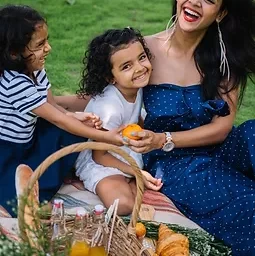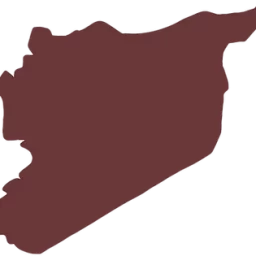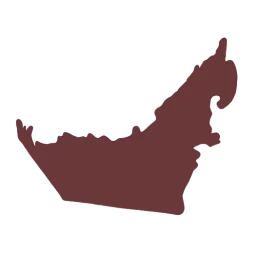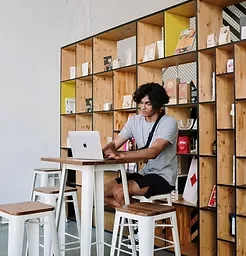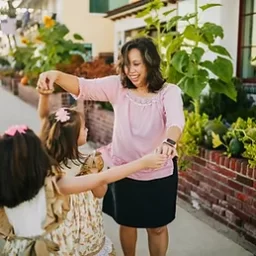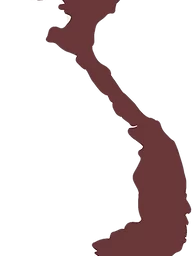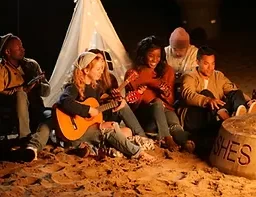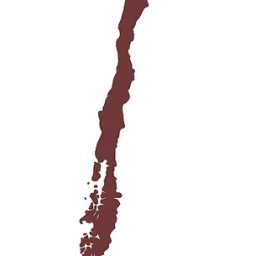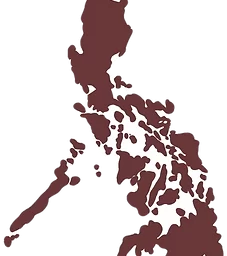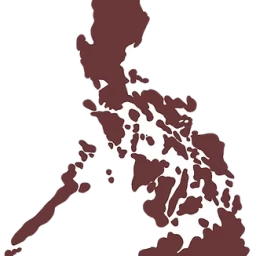
I was only two when my family moved from Afghanistan to Tajikistan. Three short years later, we moved to Calgary through the UNHCR (United Nations High Commissioner for Refugees). Having come to Canada at only five years of age, my memories of both countries are vague and distant, but uniquely familiar.
Growing up as a refugee is difficult, no matter where you come from or where you go. While living in Tajikistan, my childhood was tinted with rose-colored glasses. However, looking back with a better understanding of our situation, I can now understand how awful the discrimination was; we faced equally horrible treatment from complete strangers and our own neighbours. My childhood naïveté combined with the shelter that my parents provided me meant that it took years for me to realize all of this. I did not see it then, but I now understand the harsh living conditions we faced, and the negative aspects of being there. Looking back, I am incredibly grateful to my parents for moving us to safety.

Despite my current love of Canada, I remember hating it when I first arrived here: everything was so different. The culture was a big adjustment, even more so than the language and persistent isolation; all of these changes were seemingly small, but when compounded, proved to be a mountain of challenge I was not always willing to climb.
While growing up, I faced both cultural and language barriers. All the norms I had come to understand as a child were vastly different here. Having had such a unique life experience as compared to my peers, looking back, I feel like I had to grow up and mature much faster than those around me. I remember wondering why I was surrounded by little kids when in reality, we were all the same age. Growing up in refuge, you have to grow up much faster. Even my cousins seemed younger to me. At first it felt strange, but I soon grew accustomed to feeling like an adult in a room of children.
I was the youngest of my siblings; so as to keep us all together, I started school very early so we could be in the same building. I started grade one at the age of five. I excelled in school back home, but upon transferring to a Canadian school, learning became a more difficult task than it had ever been. I went from excelling in a classroom with older classmates to being in my proper grade level, and I could not keep up (largely due to the language barrier). I barely knew how to ask the teacher to use the washroom, let alone study history or math. I grew to hate school; I was not used to struggling and disliked the feeling.

Both of my parents are trained professionals: my mom and dad are a doctor and professor, respectively. As such, when we fled from Afghanistan, their jobs did not directly translate across state borders. My parents had to give up their profession and credentials to support our family. I am proud that I was able to follow their initial footsteps in order to attend university and pursue a higher education. I want to use the voice I have been given in order to ensure that others do not have to go through the same toil and struggle that all of my family had to as first-generation Afghan refugees.
Hardship brings people together; I am grateful my family is close because we all know what it is like to have nothing. Through it all, we have stuck by each other. I was able to grow up, make friends, and build a life here. I am painfully aware of how fortunate I am; there are millions of people who are not as lucky. My only piece of advice to others seeking a similar route that my family took would be to ensure that first and foremost, you have a support system. This process, though worth it, was not easy. My family was and continues to be an incredibly strong pillar in my life; I could not have done it without them and my love for them only continues to grow with time.
Please note that certain facts have been altered for anonymity
This story is a collaborative effort between Nandini Agarwal and Ashraf Bey.



